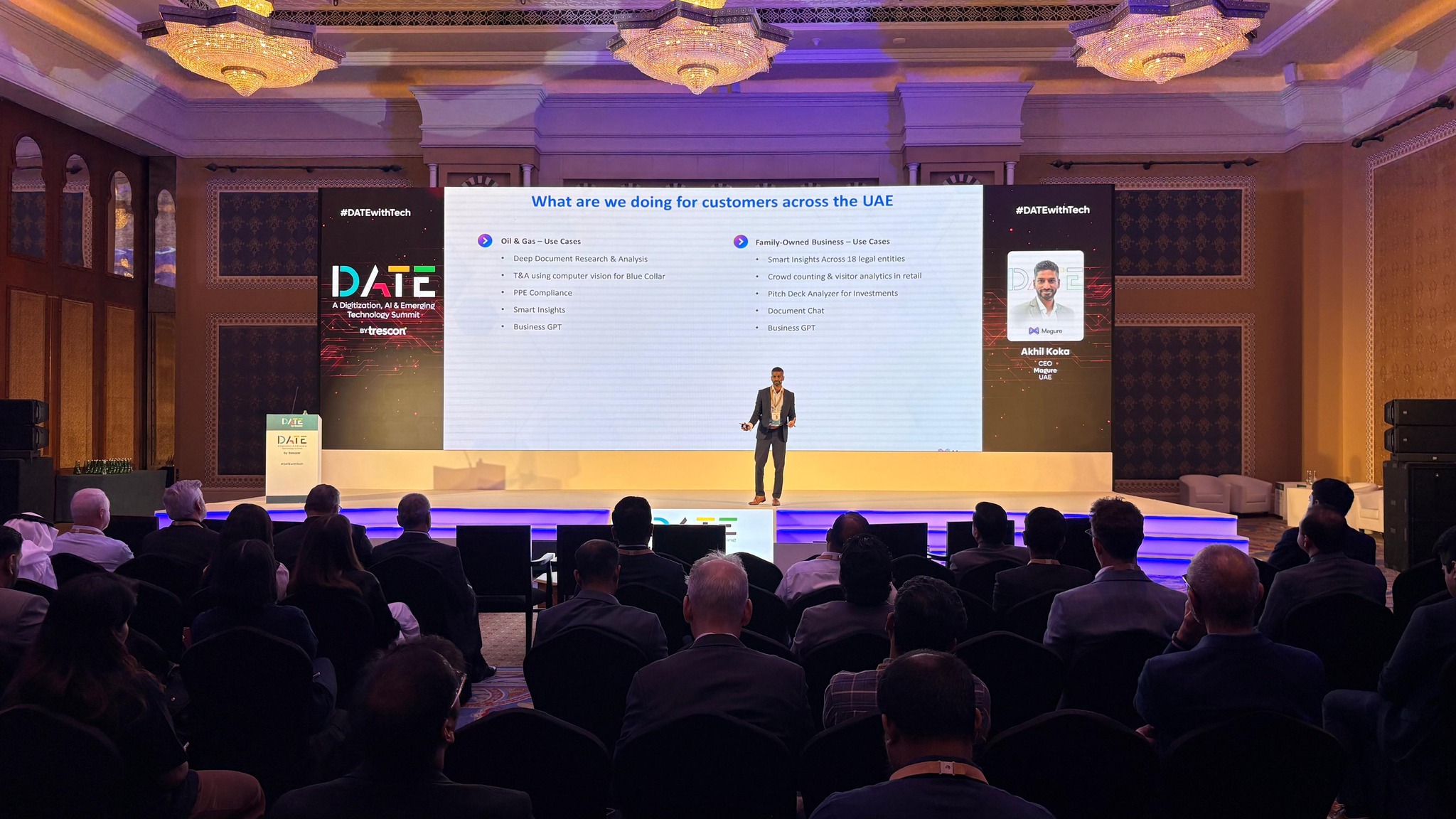Autonomous agent infrastructure company Kite has raised $18 million in a PayPal Ventures-led funding round.
“Formerly known as Zettablock, Kite leverages years of experience in distributed infrastructure systems to bring forth a new architecture purpose-built for the agentic web,” PayPal said in a news release Tuesday (Sept. 2).
“The team previously built large-scale, real-time data infrastructures serving decentralized networks like Sui, Polygon, Chainlink, and EigenLayer. Kite is built directly on that foundation to serve a new breed of users: agents.”
The funding round was co-led by General Catalyst, with participation by several other investors. The release noted that Kite recently introduced Kite Agent Identity Resolution, or “Kite AIR,” a solution that allows autonomous agents to authenticate, transact and function independently in real-world environments.
Kite AIR is made up of two core components: Agent Passport, a verifiable identity with operational guardrails; and Agent App Store, where agents can discover and pay to access services like application programming interfaces (APIs), data, and commerce tools.
PayPal and Shopify merchants can, using publicly available APIs, access the Kite Agent App Store to become discoverable to artificial intelligence (AI) shopping agents. Purchases are settled on-chain with “full traceability, using stablecoins and programmable permissions,” the release said, noting that Kite is also building additional integrations for commerce, finance and data platforms.
“From the beginning, we believed autonomous agents would be the dominant UI for the future digital economies. To function, they need structured and verifiable data, that was our first step,” said Chi Zhang, Kite’s co-founder and CEO. “Next come identity, trust, and programmable payments. Today’s human-centric systems are too rigid and brittle for swarms of agents conducting micro-transactions at machine speed. Kite AIR solves that.”
Writing about the rise of AI agents earlier this year, PYMNTS noted that as these agents grow in power, so too do the associated risks.
As opposed to traditional AI systems with deterministic outputs, agentic AI is probabilistic, non-linear and unpredictable by nature, which can increase the governance burden.
“This isn’t a technical upgrade. It’s a governance revolution,” Kathryn McCall, chief legal and compliance officer at Trustly, said in an interview with PYMNTS earlier this year. “You’re messing with people’s money here.”
“You’ve got to treat these AI agents as non-human actors with unique identities in your system. You need audit logs, human-readable reasoning and forensic replay,” McCall added. “Can your agent initiate invoice creation but not approve disbursement without human review? What’s the scope? What are they allowed to do and what are they not allowed to do?”
Source: https://www.pymnts.com/




